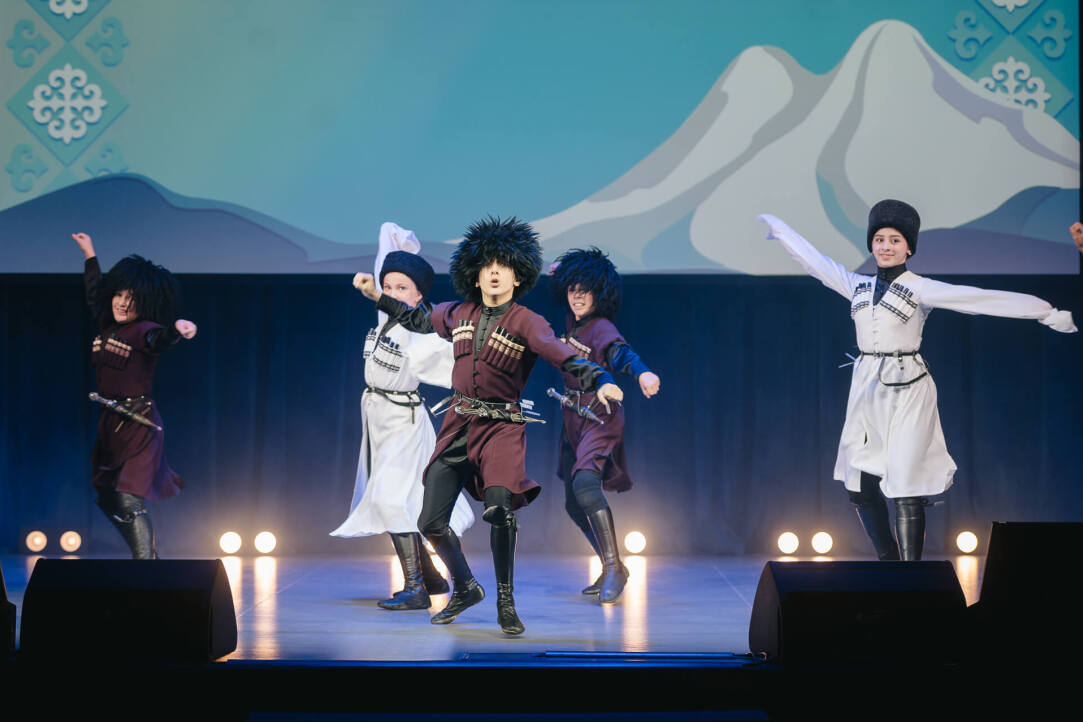
‘Cultural Exchange is an Important Element of Education’
On October 9, the TAULU&ADIGI UNITY DAY festival was held at HSE University’s Cultural Centre. It brought together students from different universities interested in the life of Caucasian peoples. Guests immersed themselves in the history and culture of different ethnic groups and tried national delicacies. The festival was organised by the university’s TAULU&ADIGI student community, which represents Karachai, Adyghe, and Balkar students at HSE University.
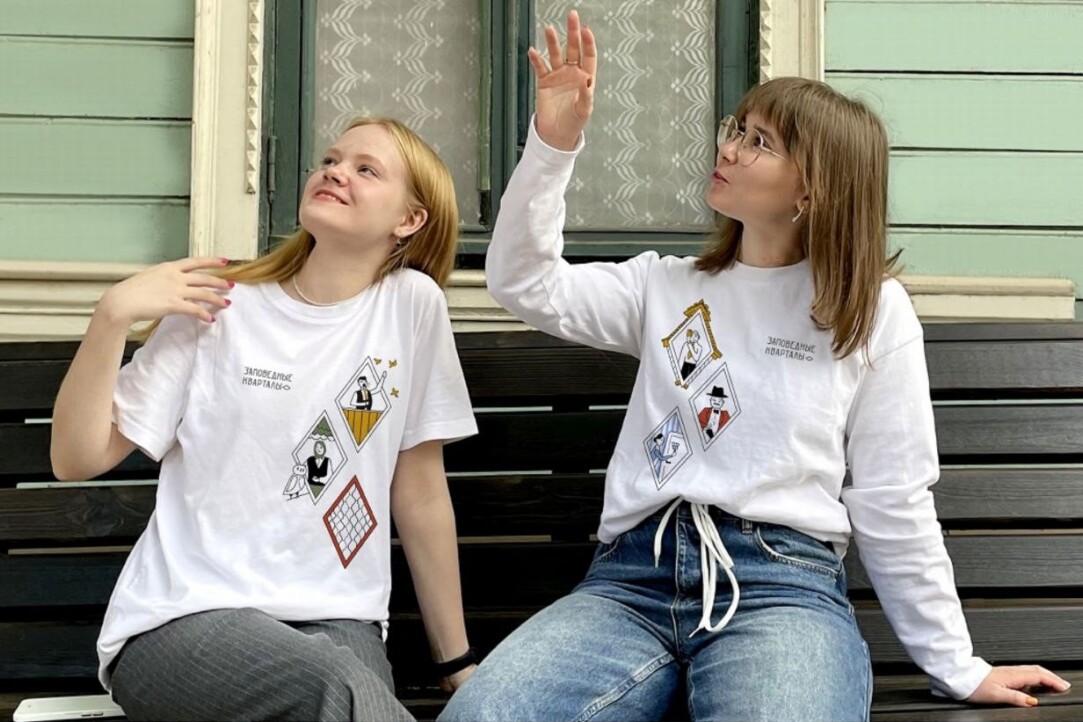
‘In Search of the Key to the Past’: Students of HSE Art and Design School in Nizhny Novgorod Develop Collection of Souvenirs
The HSE Art and Design School in Nizhny Novgorod, together with the ‘Protected Quarters’ project to revive Nizhny Novgorod’s historical territories, have carried out the ‘Timeless’ creative project, which included a design laboratory and an educational programme. As a result of the creative workshop, students made concepts for souvenir products based on the local identity.
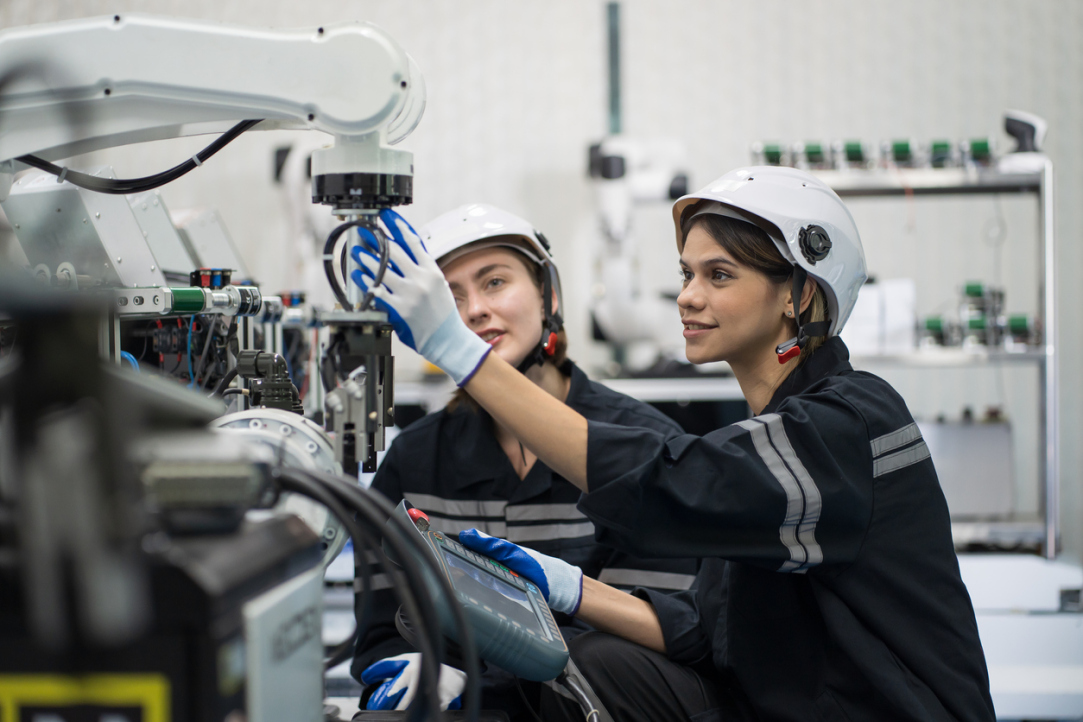
From the Laboratory to the Market: Key Points of Promoting AI Research Centre Activity
HSE AI Research Centre works on achieving applied results, striving not only to develop innovative algorithms and models, but also to put them into practice to solve real-world problems and tasks. Alexey Masyutin, Head of the AI Research Centre, spoke about some of the the specifics of applying AI technologies in various fields.
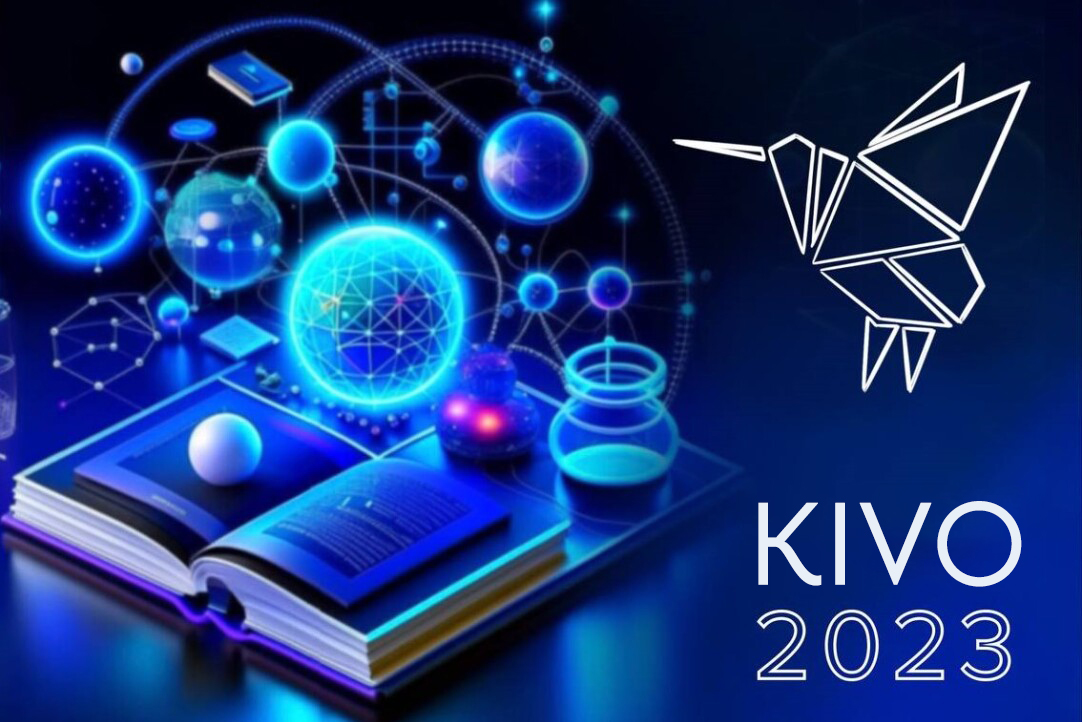
‘Educational Innovators Want Results that Are Useful to Society’: KIVO Opens Tenth-Anniversary Season
For the tenth year in a row, the Competition of Innovations in Education (KIVO) is accepting innovative project submissions—educational training resources, apps, platforms, events and media, methodological and technological developments and much more. The top 30 projects will be presented at the ‘startup alley’ of the Catalyst for Innovation in Education conference in Moscow. The creators of the best project will be able to conduct joint research with scientists from the HSE University Institute of Education. There will be two waves of applications; the first closes on October 15 (and offers certain bonuses to project creators), while the second closes on October 31.
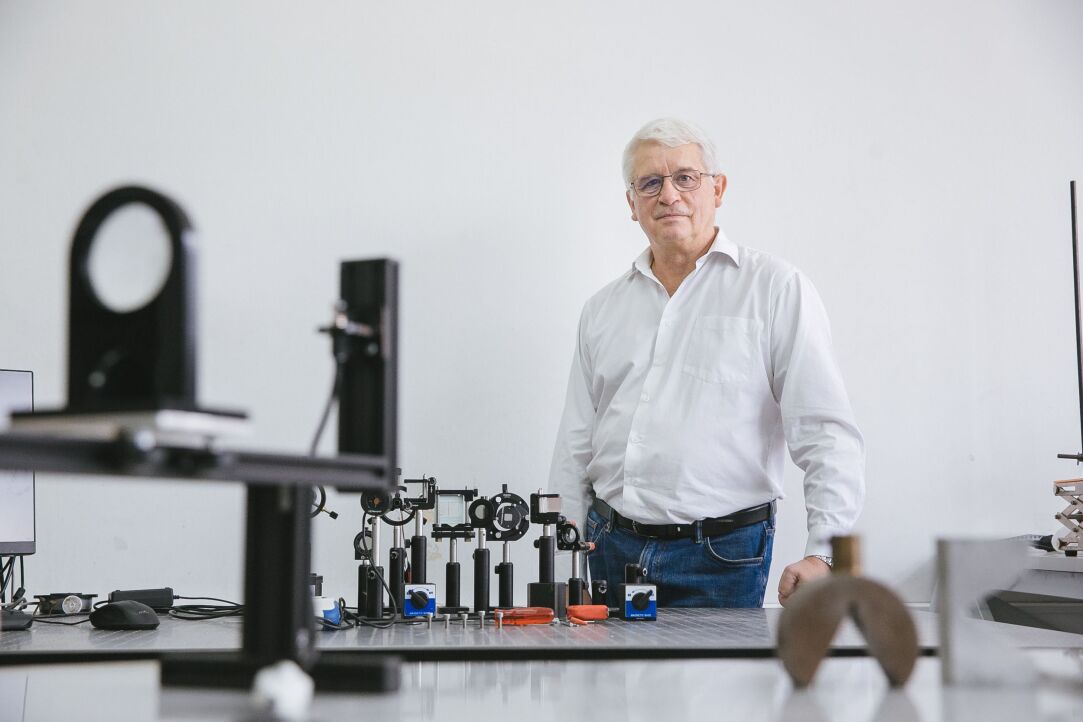
‘Students at HSE University’s Faculty of Physics Receive a World-Class Education’
On October 10, 2016, the Faculty of Physics was created at HSE University. It was the university’s first natural science faculty. Its first master’s students graduated in 2019, its first bachelor’s students completed their studies in 2021, and the first doctoral students will do the same in 2023 after beginning their bachelor’s studies in 2017. In his interview, Mikhail Trunin, Dean of HSE University’s Faculty of Physics, talks about the Kapitsa educational system implemented at the faculty, the results that have been achieved in seven years of work, and what is still missing.

Results of the Contest to Predict Nobel Prize Winners in Economics
Claudia Goldin's award was predicted by five people. They are Olga Peresypkina (RSVPU), Anastasia Sirotina (first-year student of the Bachelor's in Applied Mathematics and Information Science at HSE University), Mikhail Shabanov (Global Vision Asset Management LLC), Tatul Hayrapetyan (PhD student at the Stanford Graduate School of Business), and Hemant Kumar (Ettumanoorappan College, Kerala, India).

The China Puzzle: Building Business with the Celestial Empire
Cooperation with Chinese partners in all spheres of the economy is reaching a new qualitative level. At the same time, Russian entrepreneurs often lack knowledge about the specifics of doing business with China. Ways to solve this problem and strengthen the bilateral partnership were discussed at the ‘Russia—China: Business in a Multipolar World’ forum held at HSE University.

Financial Sector Risks Can Hinder Transition to Green Economy
According to HSE and MGIMO economists, increased financial sector risks in developed countries may be associated with a higher carbon footprint in banks' loan portfolios. This is likely due to the fact that in response to an unstable economic situation, banks tend to issue more loans to companies that have a detrimental impact on the environment. Although this might yield short-term profits for the banks, such trends hinder humanity's progress towards achieving a green economy. The paper has been published in Environmental Science and Pollution Research.
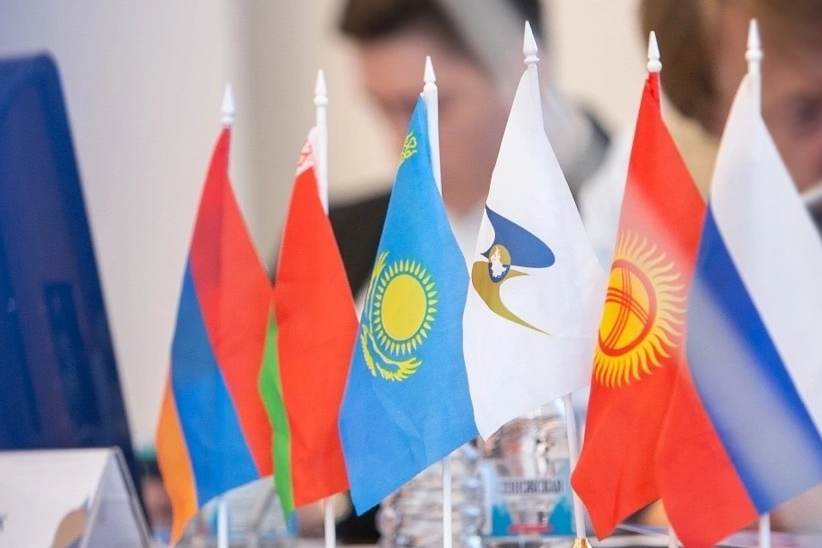
HSE University and EEC Launch Third EAEU Research Exchange
The exchange will take place from September 18 to October 18, 2023, with the participation of ten experts from EAEU member states. The purpose of the exchange is to strengthen soft skills, as well as to enable experts and professionals to acquire systemic knowledge of the development features of the economic, institutional and strategic aspects of Eurasian integration.The third EAEU Research Exchange is organised by the HSE University Faculty of World Economy and International Affairs in partnership with the Eurasian Economic Commission (EEC).
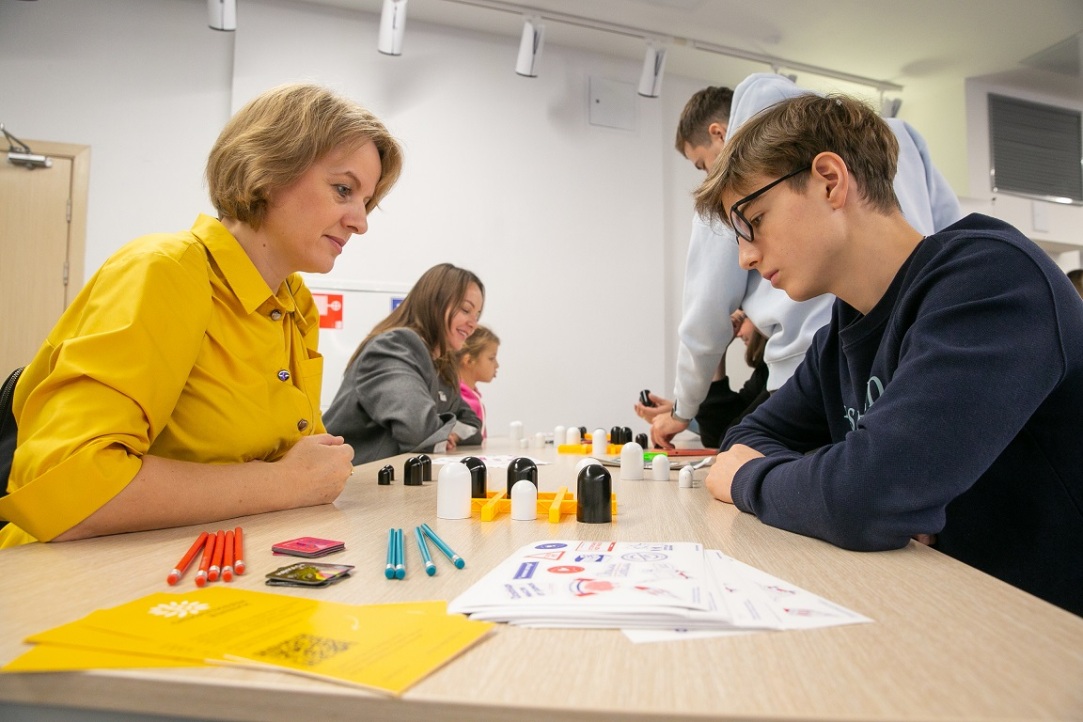
‘People and Society’: HSE University Hosts NAUKA 0+ All-Russian Festival
On October 7, a ‘People and Society’ thematic platform opened at HSE University’s Cultural Centre as part of the NAUKA 0+ science festival. Guests were able to explore the world of scientific discoveries and interesting experiments, as well as listen to a series of lectures from leading HSE experts.

